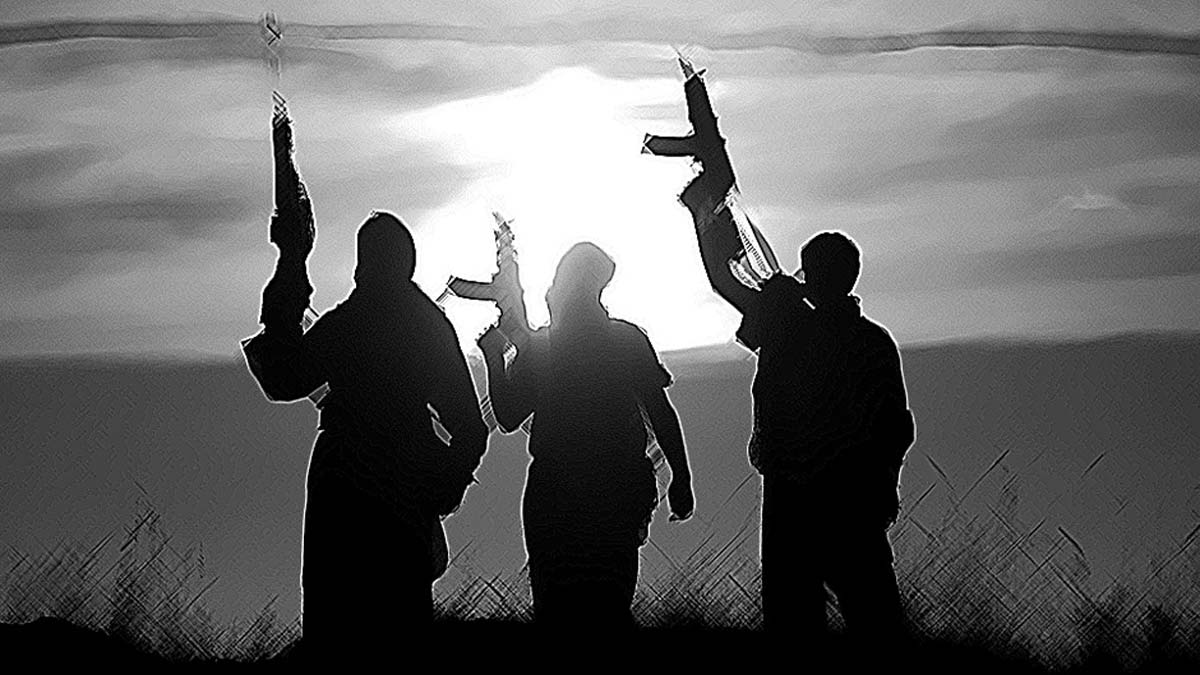From TRF to TTK: Lashkar-e-Taiba changes face of terror in Kashmir’s killing fields

With the Lashkar-e-Taiba (LeT) and its key affiliate The Resistance Front (TRF) garnering more than their fair share of the riveting focus of the security establishment in India and also global agencies after the Pahalgam terror attack of April 22, a new terror outfit is emerging in Kashmir’s killing fields.
This is happening at the behest of the LeT and its Pakistani sponsors, including the Inter Services Intelligence (ISI).
Formed sometime around mid-June, the new outfit—‘Tehrik-e-Taliban Kashmir’ (TTK)—has as a carefully conceived name that emphasises the presence of ‘local elements’.
It has been a time-tested strategy of the LeT and its Pakistani handlers to rename and rebrand its affiliates in order to escape scrutiny of international security agencies, enhance and deepen its reach among Kashmiris, to extend a ‘secular’ branding so as to be more inclusive that can help shake off an Islamic radical image, and by professing support to a brand of separatism based on independence for Kashmiris on the lines of the position espoused by the JKLF.
ALSO READ: Who could have launched mysterious ‘waves of drone attacks’ that killed top ULFA (I) leaders near Indo-Myanmar border?
The nomenclatural shift to TTK may help the LeT skirt security regulations in the backdrop of the fact that the TRF has been designated as a Foreign Terrorist Organisation by the US.
Significantly, the Pakistani sponsors have tried to put at the TTK’s helm individuals seen to be aligned more with the pro-independence strand of separatism in Kashmir rather than aligning with Pakistan.
A June 15 document released by the outfit on a social media platform whose IP address has been tracked down to Rawalakot, says that the TTK is led by Maulana Maqbool Dar with Mufti Mehboob Butt Sopore as its spokesperson.
While Dar is suspected to be the alibi of Abdullah Umar Khan alias Ghazi Shehzad, Sopore may be the alibi of Murtaza Khan alias Moosa Ghaznavi. Both have held important positions in the LeT hierarchy.
Originally hailing from Sudhanoti in Pakistan-Occupied Kashmir (PoK), Shehzad is reported to have closely worked with the Pakistani Army in facilitating the infiltration of militants into Kashmir. He was also arrested in India in 2007 but was released to Pakistan in a prisoner exchange programme. Till recently, he led a pro-independence faction of Kashmiris in PoK.
The TTK's very strident India-centric focus became clear with its three-fold stance declared just after its formation. First, it announced jihad against India; second, it rejected the Line of Control; and third, very interestingly, it cautioned the Pakistan Army not to interfere in its anti-India jihad.
Whether the TTK succeeds in implementing LeT’s nefarious objectives is a test time will reveal. Nonetheless, the fact that provisions to prevent such terror networks escape the clutches of the law just by a change in nomenclature and branding is a challenge global security agencies will continue to face.
Defence